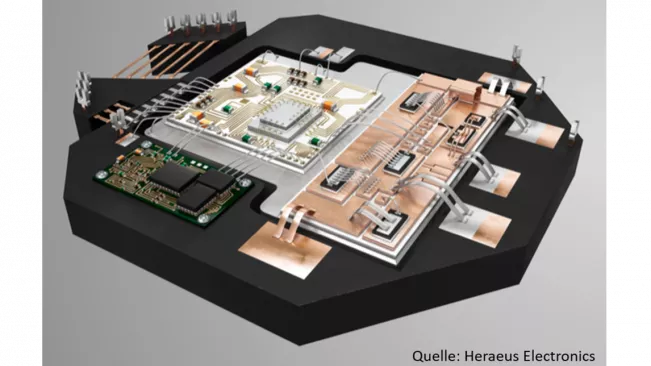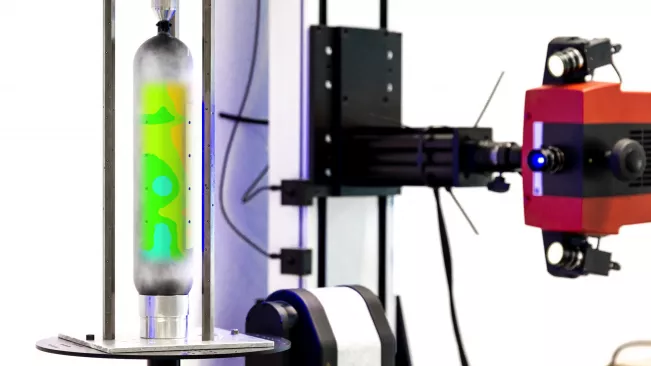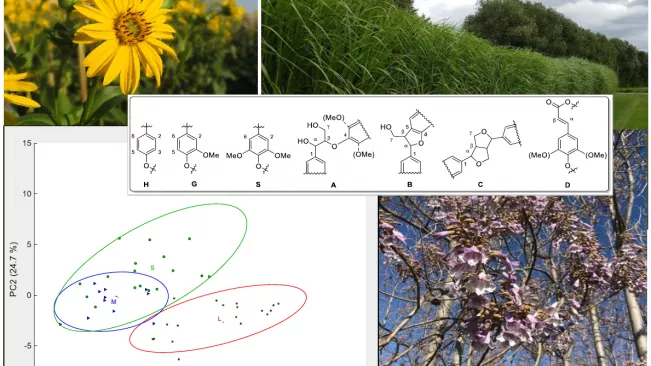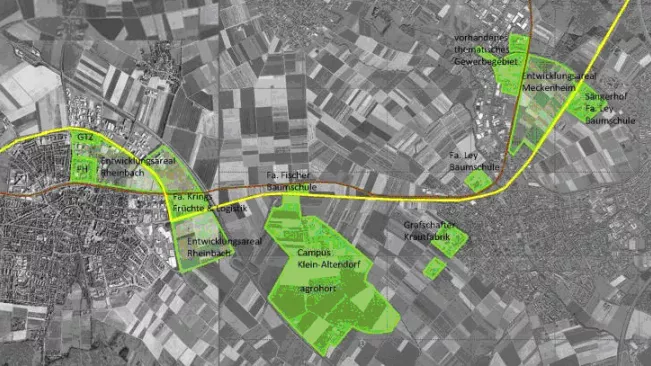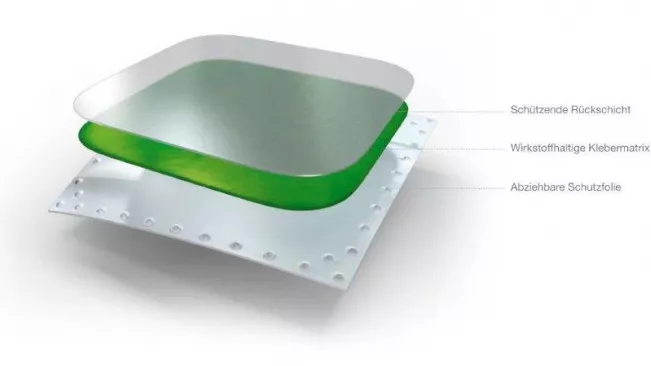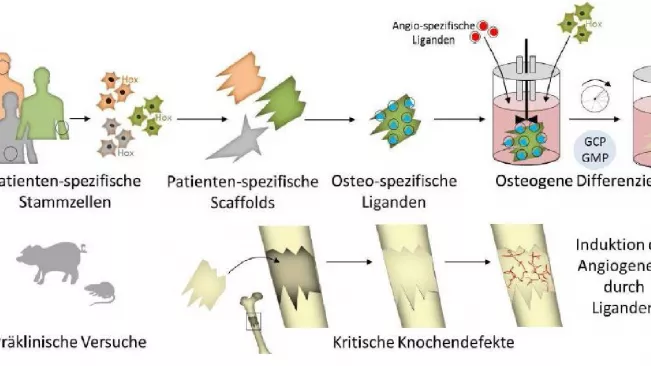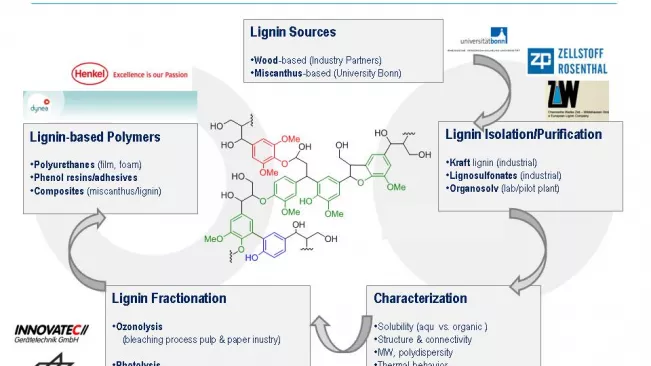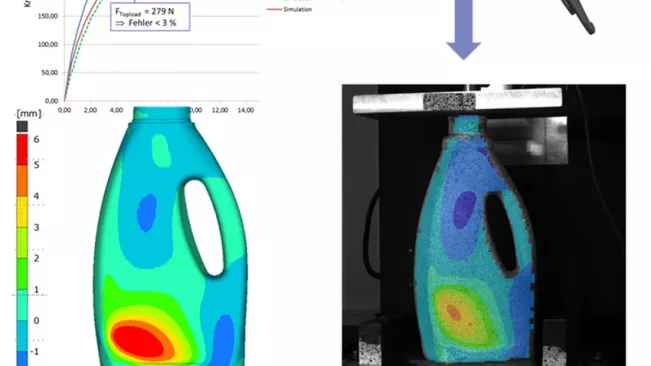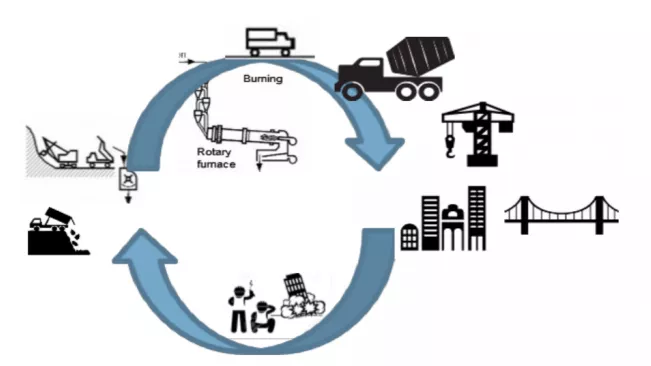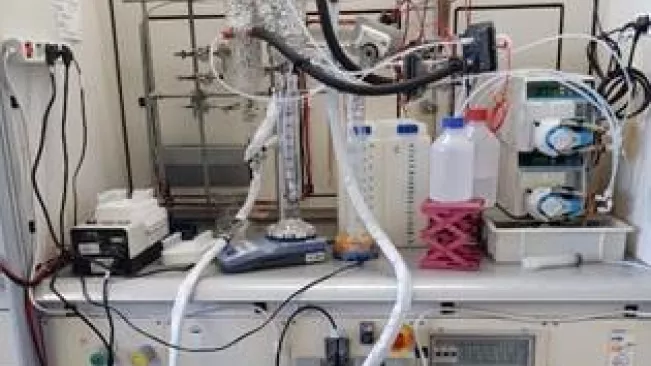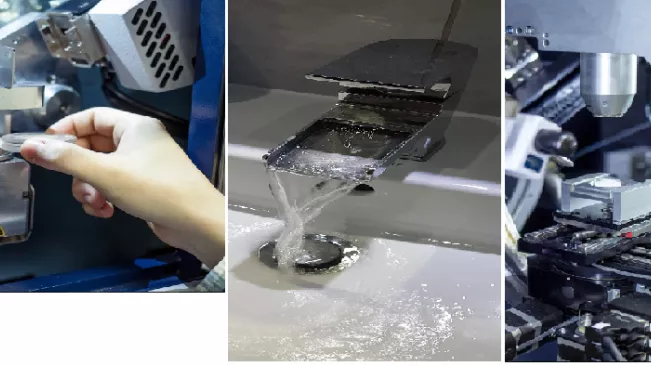Institute of Technology, Resource and Energy-efficient Engineering (TREE)
Materials and Processes
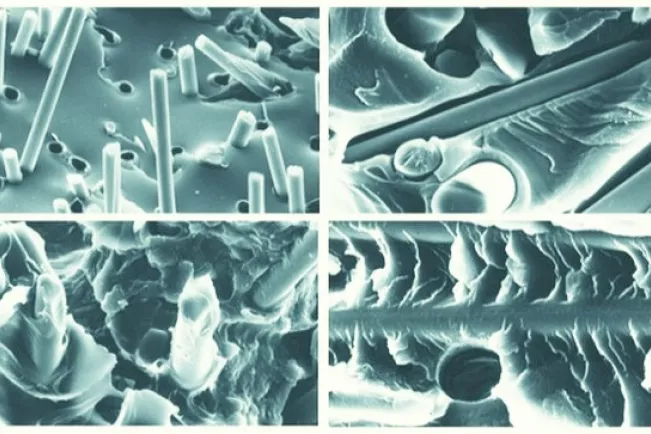
Most of all plastics are produced from raw materials such as oil, natural gas or coal. In order to be able to substitute these fossil resources by renewable materials (grasses, wood, waste), new materials are being developed in various research projects. Lignin being extracted from plants could replace conventional oil-based polymers.
Detailed characterization of unreinforced and reinforced plastics and other polymeric materials such as adhesives are an important step towards the best use of materials in everyday products such as packaging and acts additionally sustainable in a resource-saving manner.
Many of nowadays used materials are having an influence to our environment, our water and our climate through their production and use. Further research projects are dealing with the development of novel purification processes for wastewater and drinking water.
A large amount of energy is necessary for the heating and cooling of buildings. Therefore, the field of sustainable materials focuses also on the development of environmentally friendly insulating materials made from renewable raw materials.
Digitalization and energy turnaround lead to higher expectations on the reliability and service life of high-temperature materials and materials used in micro- and power electronics. Mechanical characterization, numerical reliability assessment and lifetime predictions of components and corresponding materials for these applications are also being investigated.
Within the research field of sustainable materials, the following areas are being investigated:
- Biopolymers
- Biomedical materials
- High temperature materials
- Materials of power electronics
- Adhesives
- Sustainable building materials
- Optimization of packaging materials
- Reinforced plastics
- Water treatment
State-of-the-art analytical methods and test procedures are required for the characterization and testing of new materials. Therefore, the Federal Ministry of Education and Research (BMBF) funded the acquisition of many state-of-the-art analytical methods.
Links
Further links
